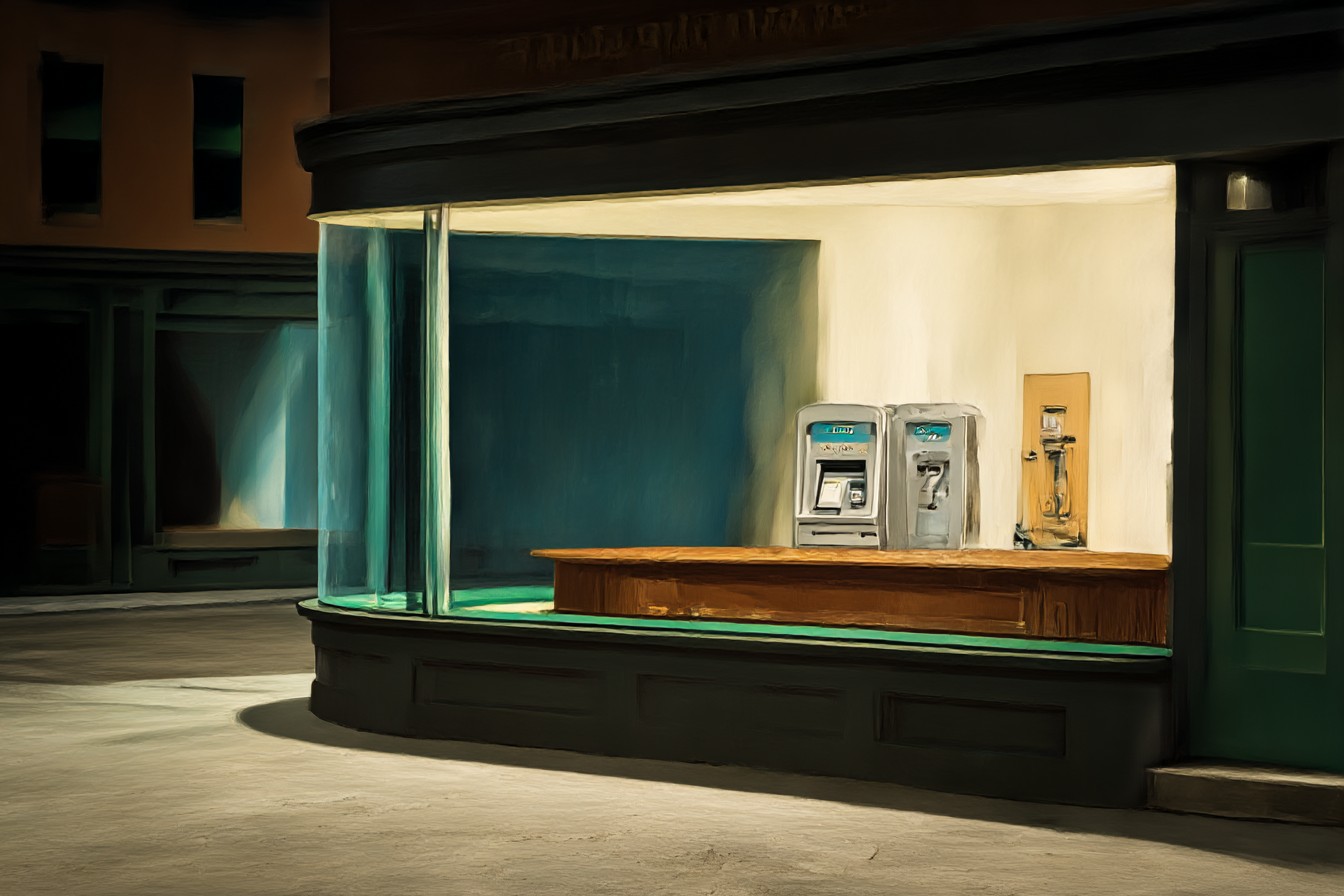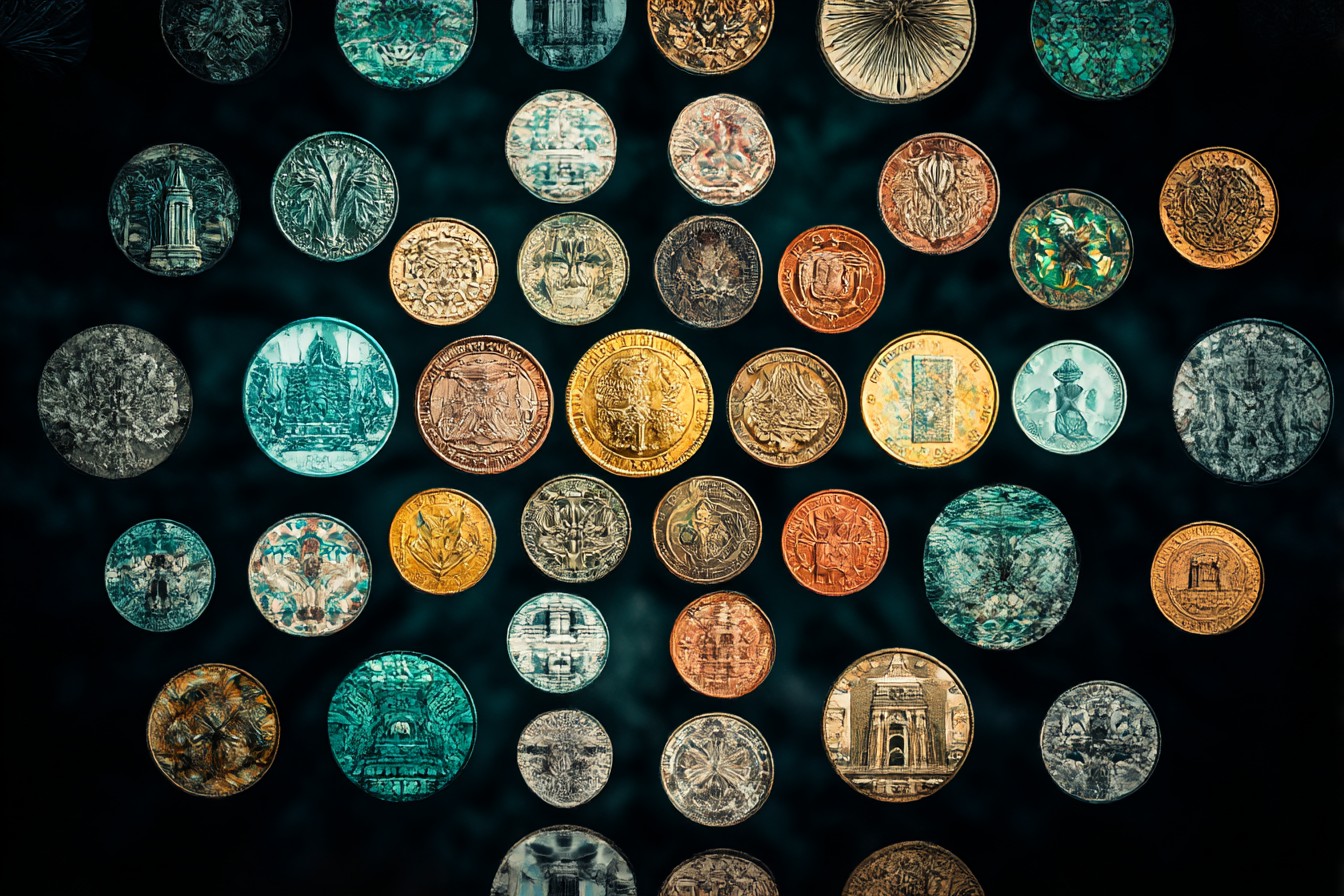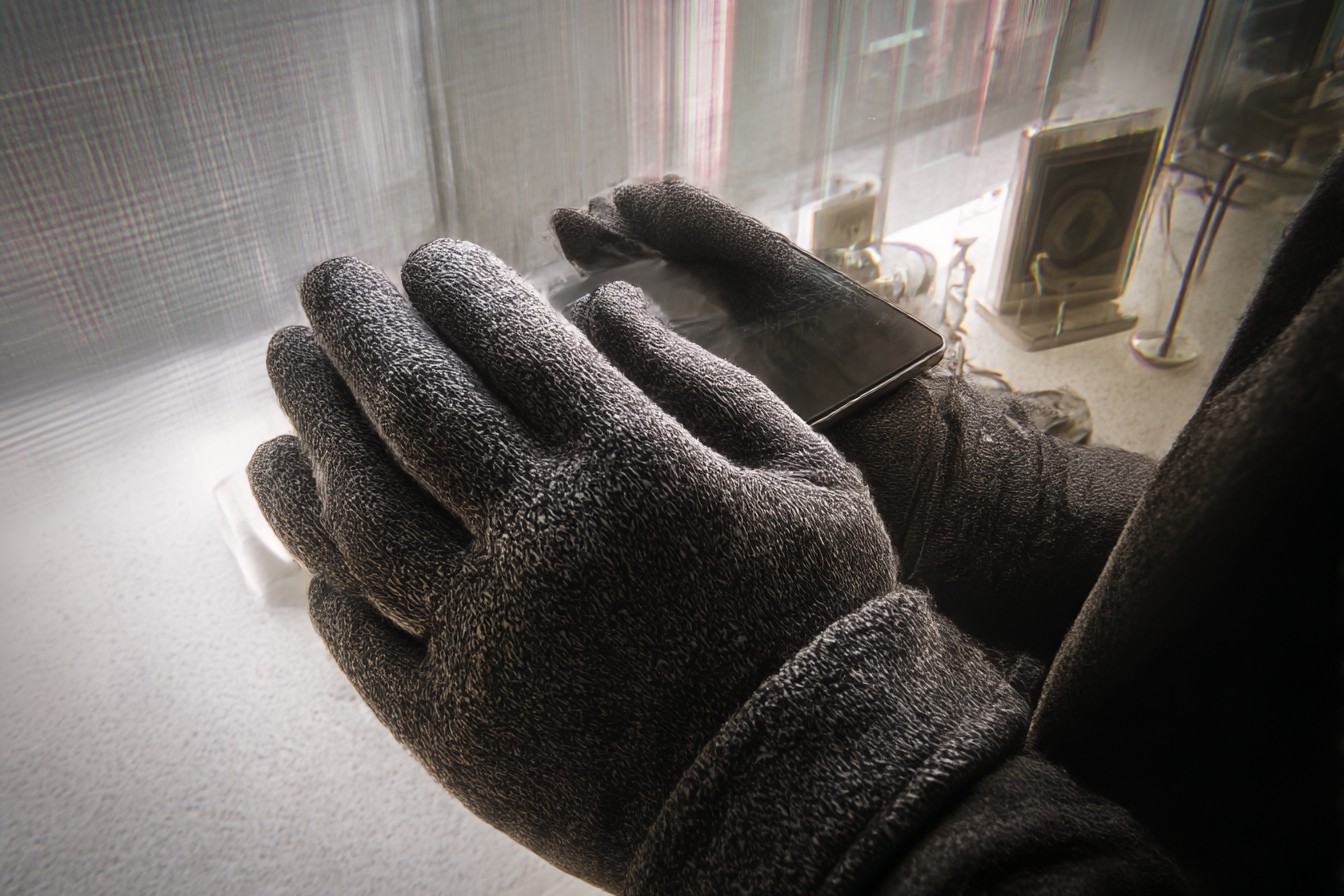I’ve always prided myself on being financially responsible. Not in a “I’ve got six months of emergency savings and max out my pension contributions” kind of way (though honestly, good for you if that’s your situation). More in the basic “I generally know how much money I have and don’t spend more than that” sense. Pretty low bar, right? Well, automated payments have a funny way of making even that modest achievement feel like scaling Everest sometimes.
Last Tuesday morning, I woke up to that heart-stopping notification we all dread: “Your account balance is below £0.” Fantastic start to the day, that. My first coherent thought was, “But I just got paid on Friday!” Followed quickly by a desperate fumble for my phone to figure out what financial disaster had befallen me overnight.
The culprit? My gym membership. My bloody gym membership that I’d set up on automatic bill pay six months ago and promptly forgotten about—except for the occasional twinge of guilt when I’d drive past the building without stopping. They’d decided to implement a “membership renewal fee” that was significantly higher than my regular monthly payment, and my account wasn’t prepared for the surprise withdrawal.
That single transaction triggered a cascade of financial chaos. Because the gym payment hit first thing in the morning, it caused my phone bill, streaming service, and utility payments—all scheduled for the same day—to bounce like rubber balls on concrete. Each with their own special overdraft fee attached, of course.
£34 for the initial overdraft. Another £34 for each subsequent transaction. £170 in fees before I’d even brushed my teeth.
Let’s be honest here. Automatic bill pay was supposed to make our lives easier, wasn’t it? “Set it and forget it,” they said. “Never miss a payment again,” they promised. What they didn’t mention was that “setting and forgetting” might leave you completely oblivious to an impending financial disaster. There’s no little robot checking your balance before these payments go through, no artificial intelligence making sure you’ve actually got the money to cover your obligations. Just blind, dumb automation pulling money from your account whether it exists or not.
My mate Charlie calls it “the convenience tax.” You’re essentially paying for the privilege of not having to think about your bills—until suddenly you have to think about them very intensely indeed.
After my morning of financial horror, I called the bank hoping for some sympathy. The woman on the phone was nice enough, but I could practically hear her rolling her eyes when I explained what happened.
“So you didn’t check your balance before your automatic payments were due to go through?” she asked in that special tone customer service people reserve for explaining obvious things to idiots.
“No,” I admitted, feeling my face flush with embarrassment even though she couldn’t see me. “I thought I had enough money. I didn’t know the gym was going to increase their charge.”
“Did you read the terms and conditions of your gym membership?” she asked.
Of course I hadn’t. Who does? Those agreements are longer than War and Peace and about as comprehensible as ancient Sanskrit if you’re not a lawyer.
She did eventually agree to refund two of the overdraft fees as a “one-time courtesy,” which was something, I suppose. The rest, she informed me, were my responsibility because I’d “authorized the payments.”
After hanging up, I made myself a too-strong cup of tea and sat down to survey the wreckage of my bank account. Beyond the immediate devastation of the fees, I realized there were deeper issues with this whole automatic payment lark that I’d never properly considered.
For starters, automatic payments completely disconnect us from the reality of our spending. When I was younger and had to physically write checks (yes, I’m that old), I was acutely aware of every bill. I’d sit at my tiny kitchen table at the beginning of each month, checkbook in hand, physically writing out payments and deducting them from my balance. It was tedious, sure, but I always knew exactly how much money I had left.
Now? Money comes in, money goes out, and sometimes it feels like I’m just a confused bystander watching it all happen. The convenience has made me complacent.
There’s also something particularly sinister about how companies exploit this system. They know perfectly well that once we’ve set up automatic payments, most of us won’t notice small increases. My gym didn’t send me a special notification saying, “Hey, heads up, we’re about to charge you £30 more than usual.” Why would they? They’re counting on inattention.
My friend Aisha experienced something even more maddening last year. She signed up for a “free trial” of a meditation app that required her payment details upfront. She set a reminder to cancel before the trial ended, but the reminder got lost in her sea of notifications. The app charged her for a full year’s subscription—£79.99—the day after her trial ended. When she called to complain, they refused to refund her money because the terms stated “automatic renewal after trial period.”
“But I never agreed to pay for a year!” she told me, still fuming months later.
“Actually, you did,” I had to point out. “It was probably buried somewhere in paragraph 47 of those terms you clicked ‘agree’ on.”
The truth is, automatic bill pay has created this bizarre dynamic where we’re simultaneously more and less in control of our finances. More, because we can theoretically manage everything from our phones without licking a single envelope. Less, because we’ve surrendered direct oversight of when and how much money leaves our accounts.
After my overdraft fiasco, I decided to take back some control. I didn’t cancel all my automatic payments—I’m not completely mad. Some bills really do need to be paid like clockwork, and my memory is dodgy enough that I don’t trust myself to remember every single one. But I did make some changes.
First, I created a separate bills account with just enough money to cover my fixed expenses each month. No more, no less. My salary goes into my main account, and I immediately transfer the exact amount needed for bills into the dedicated account. This way, if something unexpected happens with one of my automatic payments, it can’t trigger a domino effect through all my finances.
Second, I set up calendar reminders a few days before each automatic payment is due, so I can check that the money is actually there. Yes, it undermines the “set it and forget it” convenience, but it takes seconds and has already saved me from another overdraft nightmare.
Third, I went through all my subscriptions and memberships with a fine-tooth comb. I was shocked to discover I was still paying for a language learning app I hadn’t opened in over a year and a streaming service I barely used. Automatic payments had made it too easy to overlook these little financial drains.
What bothers me most about this whole system is how it’s designed to benefit companies while putting all the risk on consumers. Banks make billions in overdraft fees every year. Subscription services count on you forgetting to cancel. Utility companies can slip in rate increases without you noticing. All legal, all technically your responsibility, and all facilitated by the “convenience” of automatic payments.
I mentioned this to my dad, who still insists on paying most of his bills by check or in person when possible. I used to tease him about being a technophobe.
“It’s not about technology,” he told me. “It’s about knowing where your money is going and when. If I’m going to part with my cash, I want to be the one making that decision each time, not some computer program.”
I thought he was just being stubborn, but after my overdraft nightmare, I’m starting to think the old man might be onto something. There’s value in friction sometimes. The minor inconvenience of having to actively pay a bill means you’re aware of it, engaged with it, making a conscious choice each time.
Don’t get me wrong—I’m not about to start queuing up at the electric company to pay my bill in person like it’s 1985. But I have gained a healthy skepticism about surrendering too much financial control to automation.
If you’re reading this and thinking, “That could never happen to me,” I sincerely hope you’re right. But maybe take a minute to check when your automatic payments are scheduled to hit your account, and whether you’ve got enough to cover them. It might save you from the special kind of stomach-dropping anxiety that comes from watching your bank balance plummet below zero while fees pile up faster than you can say “insufficient funds.”
After all, automatic bill pay is supposed to be a tool that serves us, not a trap that catches us unaware. The convenience it offers is real, but so is the responsibility that comes with it. And sometimes, that responsibility includes admitting that the most convenient option isn’t always the smartest one.










